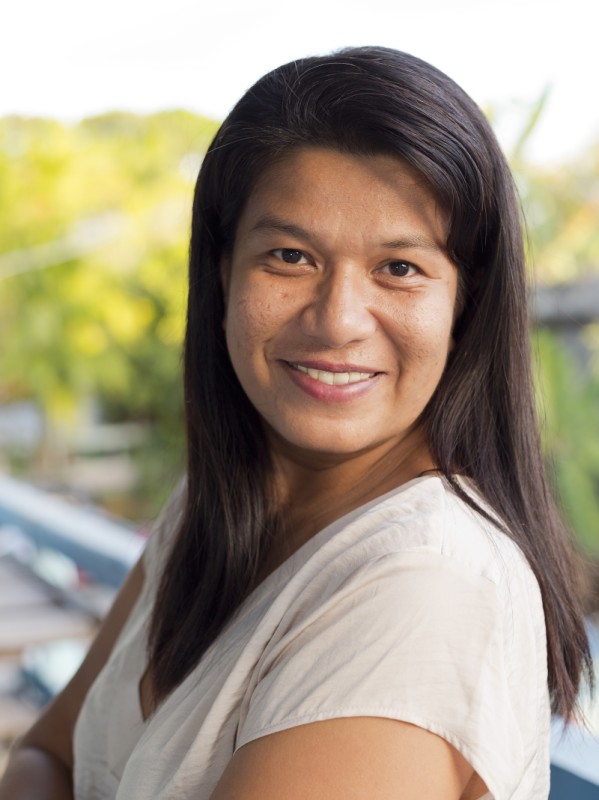Fisheries ministers in the Pacific said while stocks of bigeye, yellowfin, albacore, and skipjack tuna are all to be in a healthy condition in the Western and Central Pacific Ocean, there should be no room for complacency on management measures as it could “lead to increased commercial pressure on those fisheries.”
The Parties to the Nauru Agreement is made up of the Federated States of Micronesia, Palau, the Marshall Islands, Kiribati, Tuvalu, Nauru, the Solomon Islands, Papua New Guinea, and Tokelau, which collectively maintain a purse-seine vessel day scheme (VDS). According to a communique signed by the ministers at the end of the annual PNA meeting in Palau on 30 May, all tuna stocks in the region are at healthy levels.
Scientists with the Pacific Community or SPC has earlier reported that Western and Central Pacific tuna stocks are healthy compared to other stocks in other oceanic regions due to the conservation measures implemented by PNA. The total annual tuna catch in PNA waters is around 1.6 million metric tons, including about 50 percent of the world’s supply of skipjack tuna. About half of the total tuna catch from PNA waters, or about 790,000 metric tons, is certified by the Marine Stewardship Council.
“Ministers welcomed the scientific advice that all major tuna stocks in PNA waters were reported as healthy and none were assessed as overfished or subject to overfishing,” the announcement stated.
However, the PNA statement said maintaining healthy tuna stocks is only possible with a continued effort to strengthen regional management of the fisheries.
“There is no room for complacency about this outcome,” the ministers’ statement said. “Most stocks are still declining and there are weaknesses in the regional management arrangements.”
In their communique, the PNA ministers called on the Western and Central Pacific Fisheries Commission (WCPFC) to adopt measures to improve monitoring of longline fisheries in the high seas, end high-seas transshipment, and prioritize the introduction of electronic monitoring in the high-seas longline fishery.
“Ministers emphasized the importance of continuing to ensure that WCPFC outcomes strengthen and do not undermine the sovereign rights of PNA and other Forum Fisheries (FFA) Members to manage and develop sustainable tuna fisheries in their waters,” the missive said.
For its own part, the PNA agreed to continue its enforcement of its VDS, which it called “a key management measure of the tuna fishery in PNA waters.”
The PNA has also initiated several important fishery management measures, such as closures on the use of fish aggregating devices (FADs), a limit on fishing days, and an upcoming expansion of the VDS to longline fishing vessels. PNA also agreed to put into place an electronic monitoring system by 1 July, 2020, and to prohibit bunkering by licensed purse-seine vessels in the high seas by 1 January, 2020, and to support initiatives to strengthen FAD management that maintain economic returns to PNA from the FAD fishery.
In other news from the meeting, the PNA signed a memorandum of understanding (MOU) with Tokelau to join the FSM Arrangement (FSMA), allowing parties' domestic vessel to access its exclusive economic zone (EEZ). Tokelau, a dependent territory of New Zealand, is composed of three coral atolls and has an EEZ covering 318,990 square kilometers.
As a participant to the FSMA, Tokelau may participate in the Annual Meeting and any Special Meeting of the Parties to the FSMA and may participate in the decision making but Tokelau will have no voting right in the process.
In 2012, Tokelau joined the PNA’s VDS, and while the territory’s primary industry is fishing, it does not have a commercial fishing fleet. However, it has a large artisanal fleet comprised of 50 to 60 small aluminum boats, according to the PNA.
PNA CEO Ludwig Komoru said the signing of the MOU with Tokelau is a “very important step.”
“[It] means in that the countries in the FSMA arrangement can now go to Tokelau waters to fish,” he said. “[It gives] extra area to fish and extra revenues, so it’s a win-win.”
Photo courtesy of Francisco Blaha







